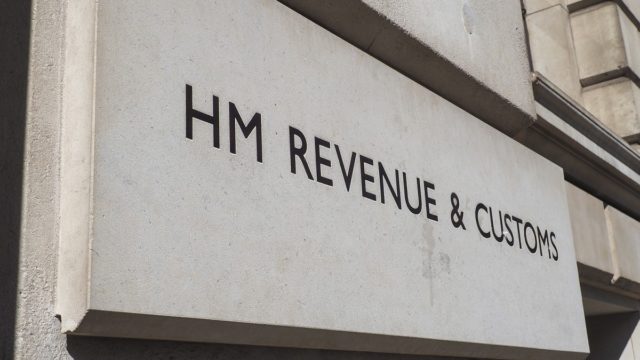- Home
- Publications
- An Analysis Of EU Growth Trends, With A Particular Focus On Germany, France, Italy And The UK
An analysis of EU growth trends, with a particular focus on Germany, France, Italy and the UK
 Pub. Date
Pub. Date
 Pub. Type
Pub. Type

External Authors

Mc Morrow, K. and Ršger, W.
Related Themes
Political EconomyJournal
National Institute Economic Review, No. 199
External Resources
The growing divergences in the growth performance of many developed world economies, and especially the size of the divergences presently being experienced between some of the EU's Member States, has provoked an ongoing debate in the EU regarding the implications of recent trends for future economic prospects. The "pessimistic view" of recent trends suggests that a significant number of Member States have as yet failed to recognise the extent of the reforms which need to be introduced given the challenges posed by an acceleration in the pace of technological progress, by globalisation and by the effects of ageing populations. The "more optimistic view" suggests that part of the explanation for Europe's poor performance could be measurement problems / adjustment lags, with perhaps the basis for future growth already firmly established due to the labour, capital and product market reforms which have already been introduced. Under this view the EU may now simply be in a transition phase whereby some of the negative effects of those reforms (e.g. a temporary decrease in productivity due to labour market changes) are visible, whilst the gains to be reaped in the future are not.
Related Blog Posts

What Can Policy Makers Learn From Adam Smith?
Sayantan Ghosal
Graeme Roy
11 Mar 2024
5 min read

Reflections on the 2024 Spring Budget: What Was and Wasn’t Addressed
Monica George Michail
Stephen Millard
11 Mar 2024
5 min read

How the Chancellor’s Budget Could Help Households and the Struggling Regions
Arnab Bhattacharjee
Robyn Smith
Adrian Pabst
04 Mar 2024
6 min read

Adam Smith’s Division of Labour in Today’s World of Global Markets
Diane Coyle
25 Jan 2024
4 min read
Related Projects

Related News


Related Publications

Geopolitical Risks and the Global Economy
07 Feb 2024
Global Economic Outlook Box Analysis


Adam Smith and the Bankers: Retrospect and Prospect
04 Jan 2024
National Institute Economic Review

On the Promises and Perils of Smithian Growth: From the Pin Factory to AI
04 Jan 2024
National Institute Economic Review
Related events

What Can Policy Makers Learn From Adam Smith?

NMITE and the Political Economy of Higher Education – Jesse Norman

Economic Effects of Russia’s Invasion and Sanctions

2022 Deane-Stone Lecture – The Uses and Abuses of Economic Statistics

The Political Economy of Devolution in, and Secession from, the UK

What Next for the Levelling-Up Agenda? Addressing New and Old Challenges in the UK Regional Inequalities Landscape




